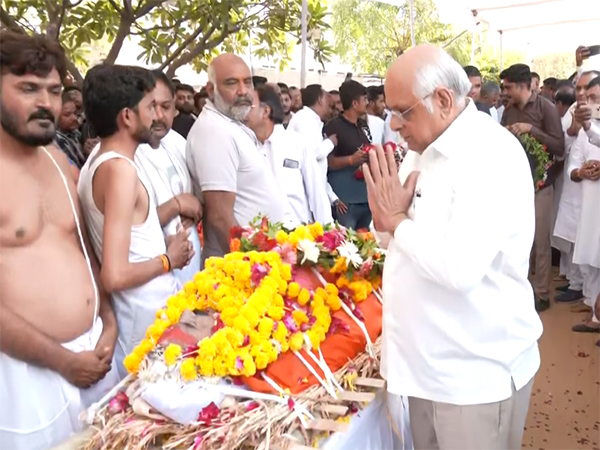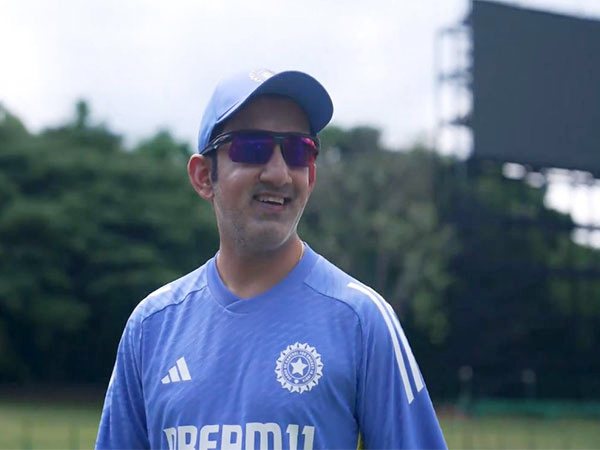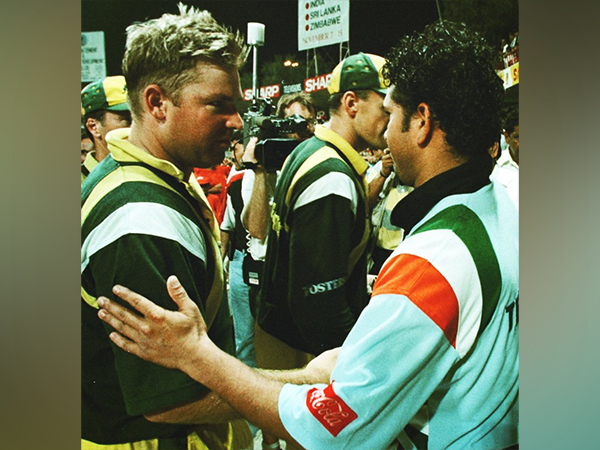Sportz Village Xp study finds lack of basic facilities, social stigma as primary factors keeping girls away from sports
Sep 08, 2022

Bengaluru (Karnataka) [India], September 8 (ANI/PNN): India has come a long way in earning global recognition in the field of sports. From registering the best performances in Tokyo Olympics to dominating sports like cricket, kabaddi, hockey and badminton, the Indian players are constantly improving their performance to earn the top spot. While a long road has been travelled, a great distance still has to be covered to provide a level-playing ground to female players to make the Indian sports ecosystem more inclusive. An exclusive study conducted by Sportz Village Xp (
) for a leading consumer health brand found out eye-opening realities and challenges faced by girls in popular sports like Cricket.
The study found that despite 87 per cent prevalence of mixed sports in schools and academies, a majority of the 1500+ respondents opined that boys are more comfortable with mixed sports as compared to girls. 72 per cent participants agreed that girls are made fun of for lacking strength or skills. It also highlighted the fact that 64 per cent girls don't engage in a sport like cricket because their friends don't play the game. Also, 79 per cent girls choose individual or smaller team sports where they don't need to count on other girls playing. Social stigma, lack of support and teams, fear of embarrassment, pain or physical discomfort and lack of adequate facilities are the major reasons restricting the girls from making their dream career in the field of sports.
"The bias against girls starts at an early age and they are not encouraged to play or engage in gaming or sports activities at the school level. While boys have better access to sports facilities or even playgrounds, girls need to overcome a lot of obstacles, social fear and personal challenges to get access to such facilities in a safe and healthy environment. This leads to a majority of young girls being devoid of some very important positive outcomes of sports such as physical fitness, cognitive brain development, socio-emotional skills and other skills that are necessary for future career opportunities. At a professional level, bills for coaches, diet, equipment, apparels and travel requirements are the biggest challenges and the girls find it extremely hard to get support from families. This bias is evident across classes, though challenges are even more for girls from an underprivileged background." said Amoolya, who serves as a coach at a Bengaluru based football club.
Commenting on the survey methodology, Parminder Gill - Chief Business Officer at Sportz Village Xp said, "We conducted a primary research initially to understand issues which plague girls/women participation in sports, especially cricket. Based on that, we outlined key hypotheses around women's cricket in India. Further, we conducted a data-driven study covering both internal and external stakeholders like coaches, PE teachers, sports managers and cricket experts across geographies to collect data to prove or disprove various hypothesis on reasons behind the low participation of girls in cricket in the country. Taking a holistic approach, the team also utilised data from Sportz Village's 11th Annual Health Survey and primary inputs from Sportz Village panel of experts."
The study also outlines ways to boost girls participation in sports by adopting measures such as conducting a girls-only tournament, advocating cricket-specific fitness programs and planning of sports sessions in schools and academies, getting locally successful sportspersons to visit schools, incentivising coaches to form girls-only teams and others.
Vijay Krishnamurthy, a Sports Research Scholar, added, "There are two fundamental issues. Firstly, girls do not have enough role models to look up to at the grassroots level since P.E. Teachers and Coaches are predominantly male. Secondly, the drop-out rate of girls from the sports programs accelerates when they enter their teenage years since the male P.E. Teachers and Coaches have low awareness of menstrual health. Ironically, most of the athletes winning laurels for India on the world stage recently are women, but they are outliers. Therefore, the key stakeholders, namely, school management, sports education providers, and district level authorities need to work together to drive change towards the empowerment of girl children."
The outcomes of this detailed study will help to prioritize key issues for girls in sports and will also make brands or key stakeholders such as corporates, social welfare organisations or government become aware of the issues and encourage their participation and support for developing the ecosystem for girls.
This story has been provided by PNN. ANI will not be responsible in any way for the content in this article. (ANI/PNN)




















